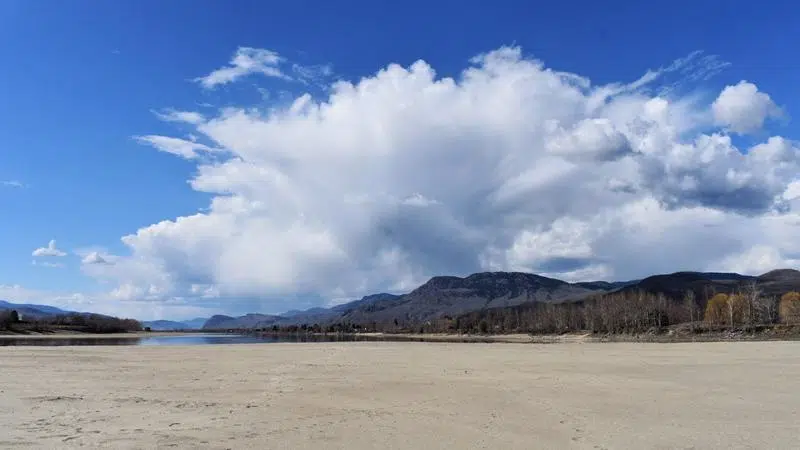
With snowpack melted weeks ahead of schedule, Province raises drought level in parts of B.C.
VICTORIA — Dry conditions across B.C. have prompted the provincial government to issue a Level 2 drought rating province-wide, with the rating up to Level 3 for Vancouver Island, the Gulf Islands and northeastern B.C.
The drought rating of Level 3 means conditions are very dry, prompting a request for voluntary reductions of water use by residents, on farms and by industry.
The move comes as the latest snowpack bulletin from the B.C. River Forecast Centre (BCRFC) shows alarming low snowpack totals throughout the province.


